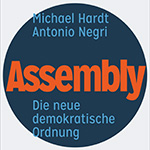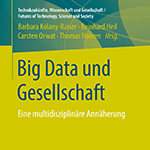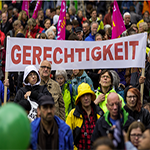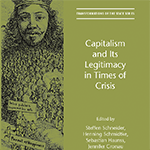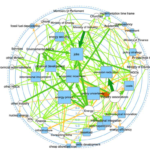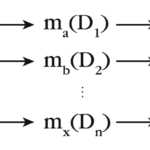Die Gewalt um den G20-Gipfel wird in Hamburg auch ein gutes Jahr nach den Ereignissen noch kontrovers diskutiert. Wie konnte ein Gipfelprotest in Unruhen mit breiter Beteiligung übergehen? Warum lag bei Polizeimaßnahmen die Schwelle zur Gewalt so niedrig? Der Bericht „Eskalation. Dynamiken der Gewalt im Kontext der G20-Proteste in Hamburg 2017“ will die Debatte um eine neue Perspektive erweitern. Continue Reading →
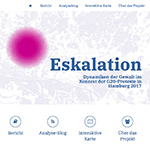
7. September 2018
by shaunss
0 comments


